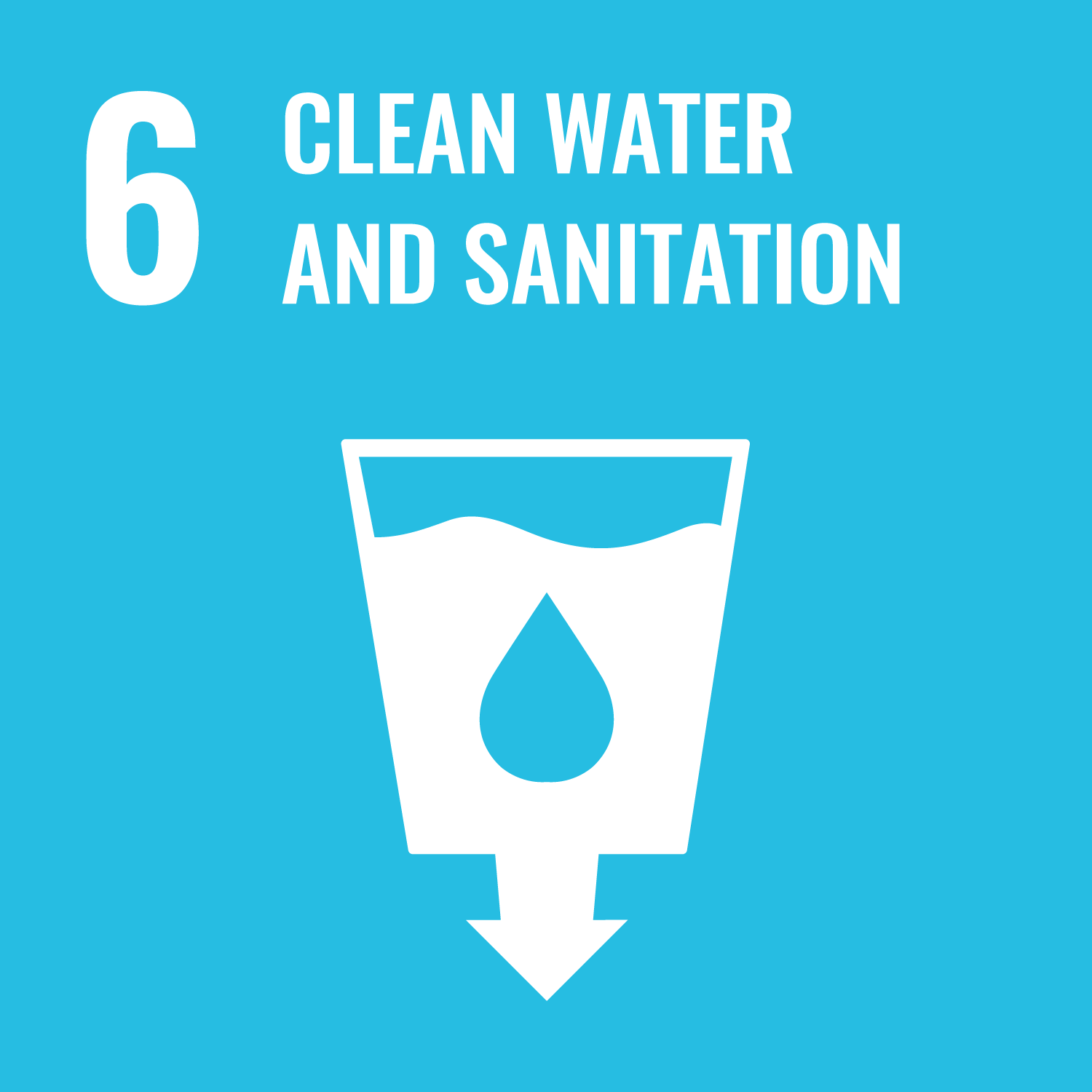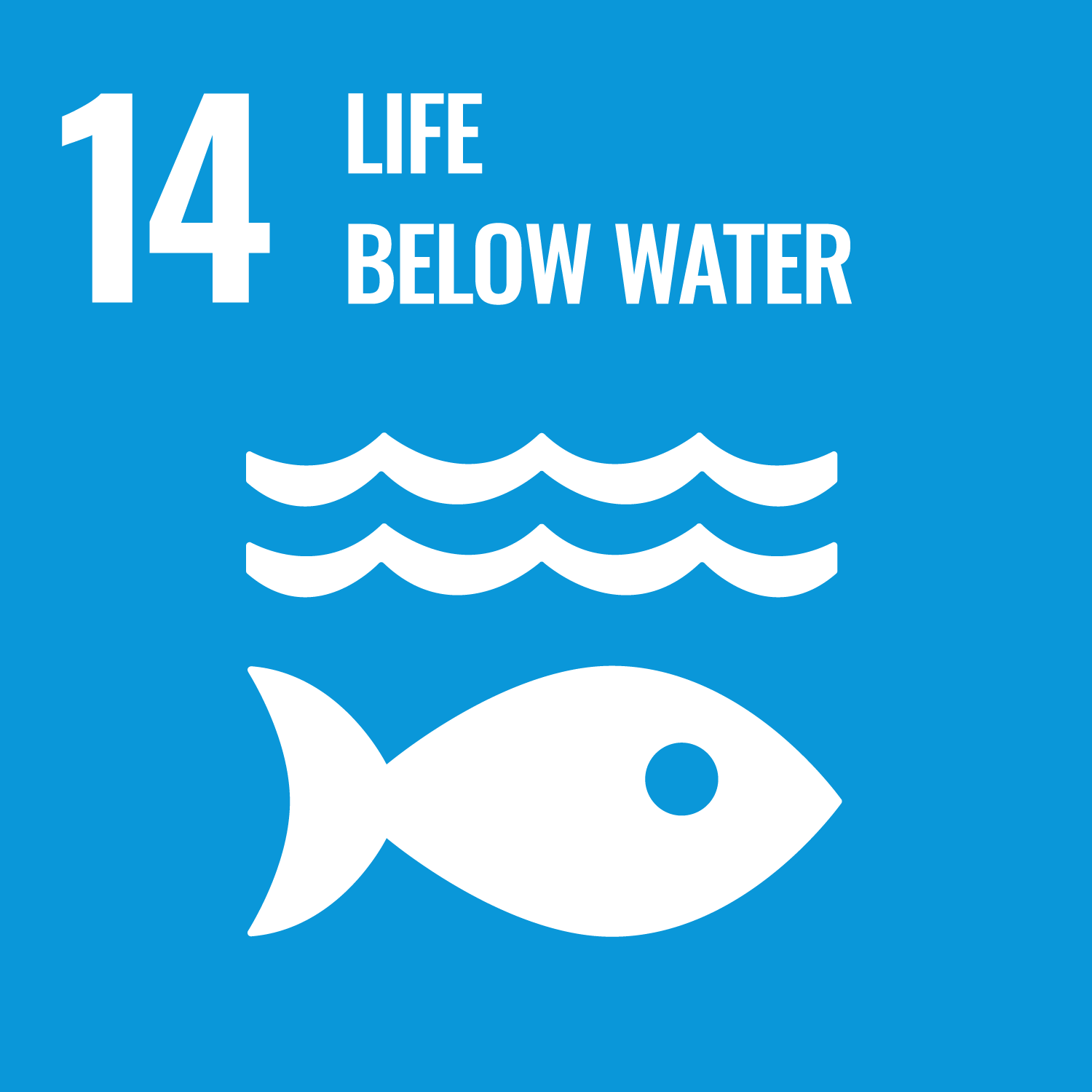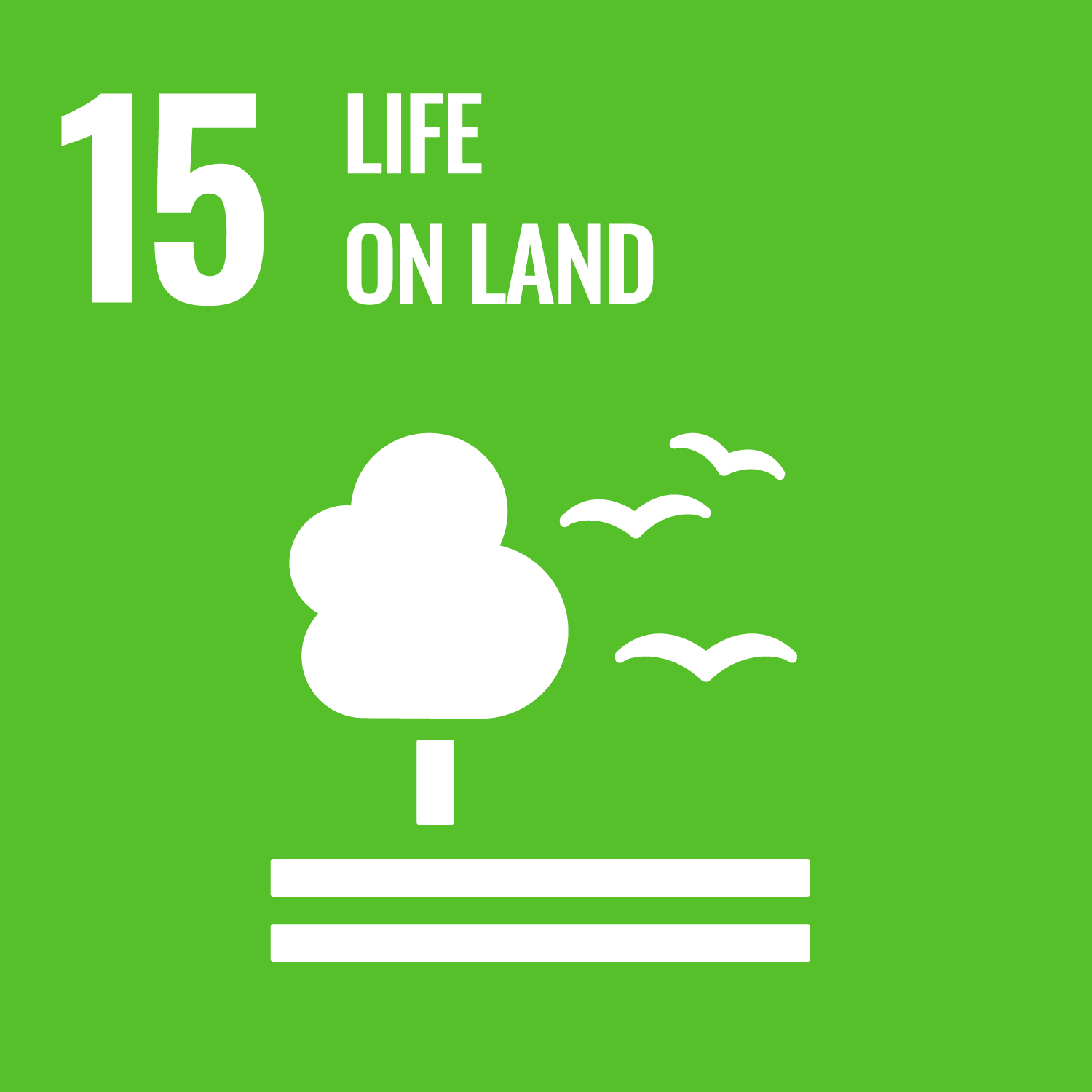Knowing the spatiotemporal state of molecules is a major clue to unlocking the essence of matter and life. However, there
was no way to "see" molecules in the past. In this lecture, an overview of molecular measurement techniques will be given
that have developed rapidly over the last 40 years. Also, basic molecular sensing research for material properties and life
phenomena, as well as applications for medicine, environment, and food will be introduced. In the latter of the lecture, students
will present recent papers about molecular sensing technology for discussion.
Participants will gain an understanding of molecular sensing technology through this lecture. They will also learn how to
communicate their understanding to others in an easy-to-understand manner.
- to be able to understand the basic principles of various molecular sensing technologies
- to be able to explain the significance and applications of molecular sensing technology
- to be able to search the latest molecular sensing research, understand the contents, and accurately communicate and discuss them with others
| Class schedule | HW assignments (Including preparation and review of the class.) | Amount of Time Required | |
|---|---|---|---|
| 1. | Guidance Introduction to molecular sensing |
Check the syllabus | 30minutes |
| Review of lecture contents | 120minutes | ||
| 2. | Single-Molecule Measurements (1) - Significance of single molecule measurement - Development of nanotechnology - SEM, TEM, SPM |
Preparation of lecture materials | 130minutes |
| Review of lecture contents | 60minutes | ||
| 3. | Single-Molecule Measurements (2) - Optical Microscope - Super resolution optical microscope - Optical tweezers - Nanopore |
Preparation of lecture materials | 130minutes |
| Review of lecture contents | 60minutes | ||
| 4. | Spectroscopy - UV-Vis-NIR - IR - Raman - Surface plasmon resonance |
Preparation of lecture materials | 130minutes |
| Review of lecture contents | 60minutes | ||
| 5. | Chemical sensors (1) - Classification (Ion sensors, biosensors, gas sensors) - Application fields - Basic principles |
Preparation of lecture materials | 130minutes |
| Review of lecture contents | 60minutes | ||
| 6. | Chemical sensors (2): biosensors - Enzymatic biosensors - Immunosensors - DNA chips |
Preparation of lecture materials | 130minutes |
| Review of lecture contents | 60minutes | ||
| 7. | Chemical sensors (3): gas sensors - Significance of gas-phase molecular measurement - IR sensors - Semiconductor sensors - Electrochemical sensors - Biosensors for gas-phase components |
Preparation of lecture materials | 130minutes |
| Review of lecture contents | 60minutes | ||
| 8. | Chemical sensors (4): biosensors - Medical and healthcare applications |
Preparation of lecture materials | 130minutes |
| Review of lecture contents | 60minutes | ||
| 9. | Chemical sensors (5): biosensors - Applications to environmental field |
Preparation of lecture materials | 130minutes |
| Review of lecture contents | 60minutes | ||
| 10. | Chemical sensors (6): biosensors - Applications to food industry |
Preparation of lecture materials | 130minutes |
| Review of lecture contents | 60minutes | ||
| 11. | Survey of academic papers and presentation (1) | Survey of academic papers and preparation of presentation | 200minutes |
| 12. | Survey of academic papers and presentation (2) | Survey of academic papers and preparation of presentation | 200minutes |
| 13. | Survey of academic papers and presentation (3) | Survey of academic papers and preparation of presentation | 200minutes |
| 14. | Survey of academic papers and presentation (4) | Survey of academic papers and preparation of presentation | 200minutes |
| Total. | - | - | 2660minutes |
| Presentation | Question and answer | Total. | |
|---|---|---|---|
| 1. | 20% | 10% | 30% |
| 2. | 20% | 10% | 30% |
| 3. | 20% | 20% | 40% |
| Total. | 60% | 40% | - |
Evaluation will be based on presentation (60%) and Q&A (40%). Presentation will be assigned to a presenter and a questioner.
60 points or more out of 100 points is required to pass the course.
- Office hours: Every Friday 12:00-13:00 @ Room 09B27, Research Building, Toyosu Campus (Please make sure to contact me in advance by e-mail, etc.)
- Method of consultation: Face-to-face, email, or Zoom, whichever is convenient for us.
- Course that cultivates an ability for utilizing knowledge
- Course that cultivates a basic interpersonal skills
| Work experience | Work experience and relevance to the course content if applicable |
|---|---|
| N/A | N/A |





- 3.GOOD HEALTH AND WELL-BEING
- 6.CLEAN WATER AND SANITATION
- 9.INDUSTRY, INNOVATION AND INFRASTRUCTURE
- 14.LIFE BELOW WATER
- 15.LIFE ON LAND
Last modified : Wed Mar 23 04:38:43 JST 2022
